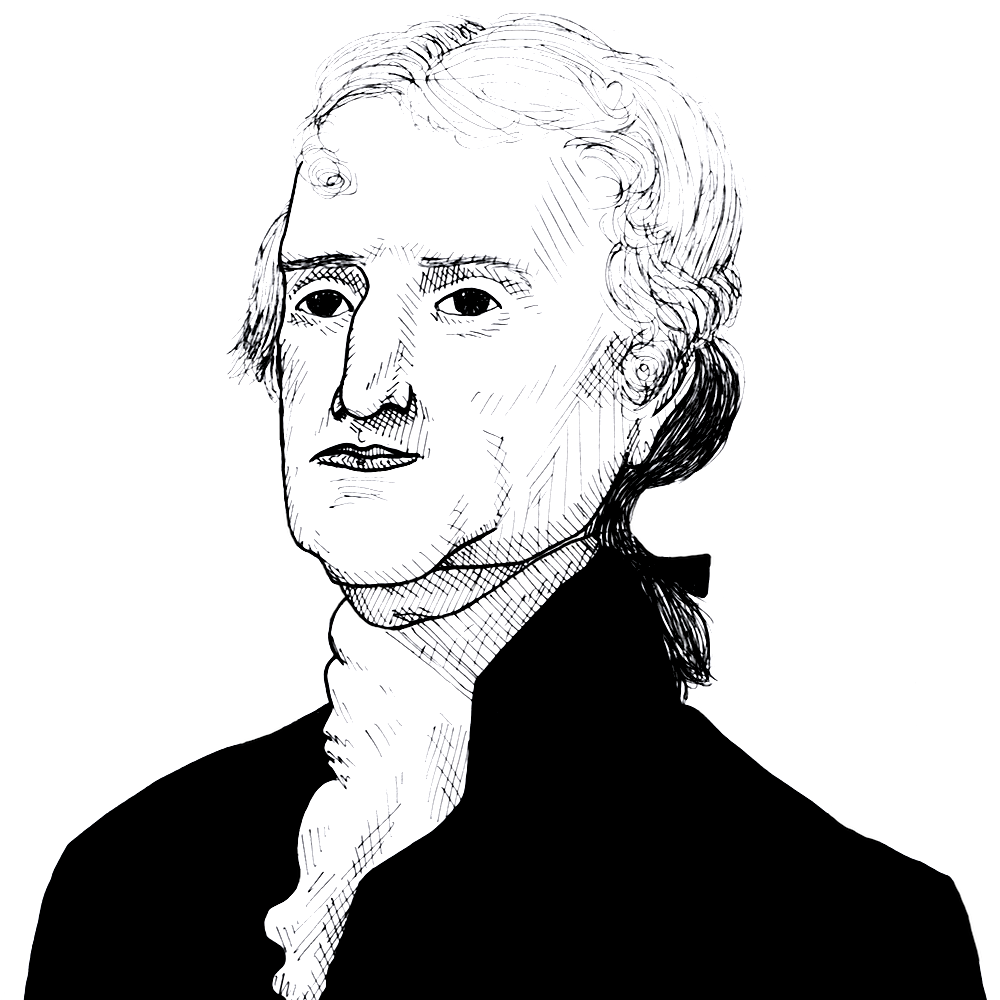
Jefferson on Taxes and the General Welfare (1791)
Found in: The Works, vol. 6 (Correspondence 1789-1792)
In his “Opinion on the Constitutionality of a National Bank (1791) Jefferson argued that the formation of such an entity would allow Congress to "take possession of a boundless field of power” which would give them the means “to do whatever evil they please”:
Taxation
To lay taxes to provide for the general welfare of the United States, that is to say, “to lay taxes for the purpose of providing for the general welfare.” For the laying of taxes is the power, and the general welfare the purpose for which the power is to be exercised. They are not to lay taxes ad libitum for any purpose they please; but only to pay the debts or provide for the welfare of the Union. In like manner, they are not to do anything they please to provide for the general welfare, but only to lay taxes for that purpose. To consider the latter phrase, not as describing the purpose of the first, but as giving a distinct and independent power to do any act they please, which might be for the good of the Union, would render all the preceding and subsequent enumerations of power completely useless.
It would reduce the whole instrument to a single phrase, that of instituting a Congress with power to do whatever would be for the good of the United States; and, as they would be the sole judges of the good or evil, it would be also a power to do whatever evil they please.